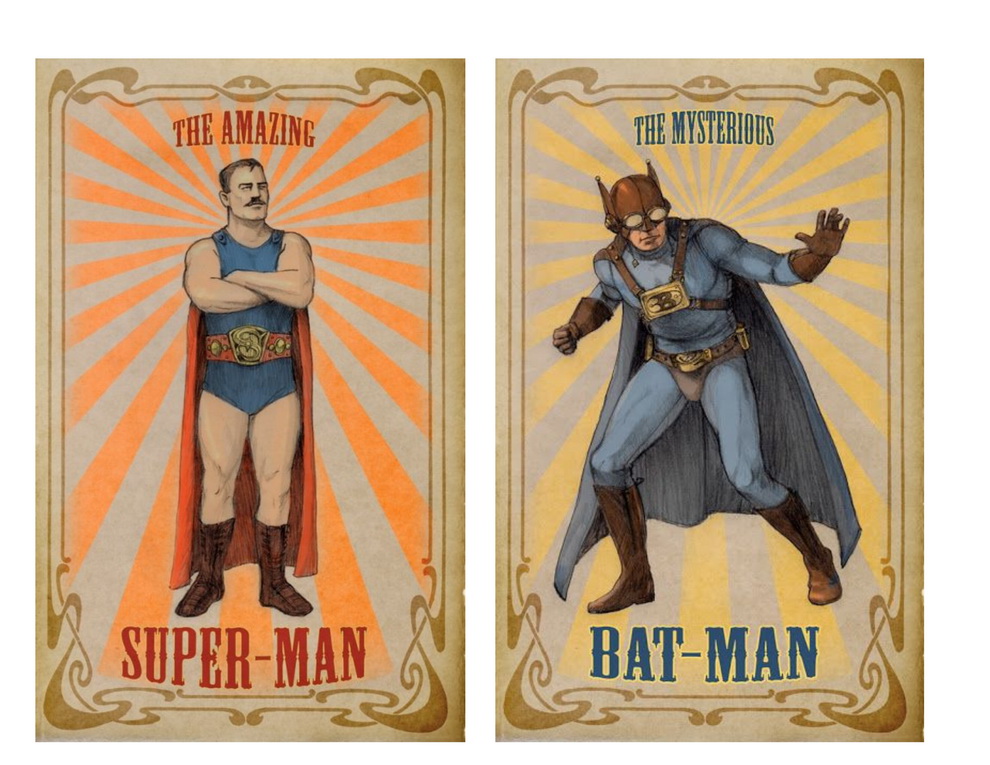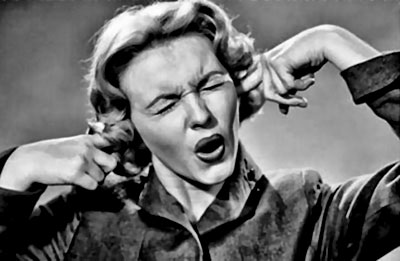I’ve always loved to read, beginning when my parents and grandparents would read to me. I always looked at the page trying to figure out how they got those great stories from the funny marks on the pages.
When I went to school and officially learned to read, I also began my addiction to libraries.
At an early age (I can’t remember exactly — maybe 2nd grade) I started walking the paper route. At first, I was apprenticed to my older brother (2 grades ahead of me) and when he got to Jr. High School (7th grade), he quit to participate in after-school athletics. I took on the paper route full time.
I had a ritual — starting my route from the newspaper plant, I walked past the Coke bottling plant and got a nickel bottle of Coke (this was LONG ago), and stopped at the Rexall Drug Store and bought a comic book. That’s five days a week (the newspaper wasn’t published on weekends).

I would read the comic while walking along and delivering the papers. I was rather notorious, as people commented to my parents and grandparents that I always “had a book in my nose” (as one person put it). My preferred brand was DC — Superman and Batman, the Justice League of America, and some of the spin-off books. I wasn’t so much into Marvel, except for the occasional Spider Man. Comics cost a dime!
The cost of that habit was 15 cents a day, but I was earning paper-route money, so I could afford that an a movie ticket on Saturday (35 cents).
Then, the dirty birds raised the price of comics to 12 cents! Horror of Horrors — and then it didn’t seem too long before the comics were 15 cents!
Fortunately, I had an ace up my sleeve. My family spent most weekends in Almena visiting my mother’s side of the family. Denny’s Drug Store had comics for a nickle! How did he do it? Technically, it was illegal. He tore the top few inches off the cover (the title and issue numbers of the book) and gave them to the distributor who gave him credit as if he had sold the comics back to them. He was supposed to dispose of them, thereby saving costs to the distributor for shipping the whole book. But his shady business practices were a boon to comic book lovers!
Over they years, I changed as much as comic books changed. Superman went through weird changes. Clark Kent started reporting for a TV station instead of a newspaper. Robin and Batman broke up, and I think there was a NEW Robin to replace him. And comic book prices kept going up. Eventually they became Graphic Novels and were sold in boutique comic shops.
But my love of comics really never waned. The movies starting doing more adaptations, some became TV shows … and I remain a fan to this day.
